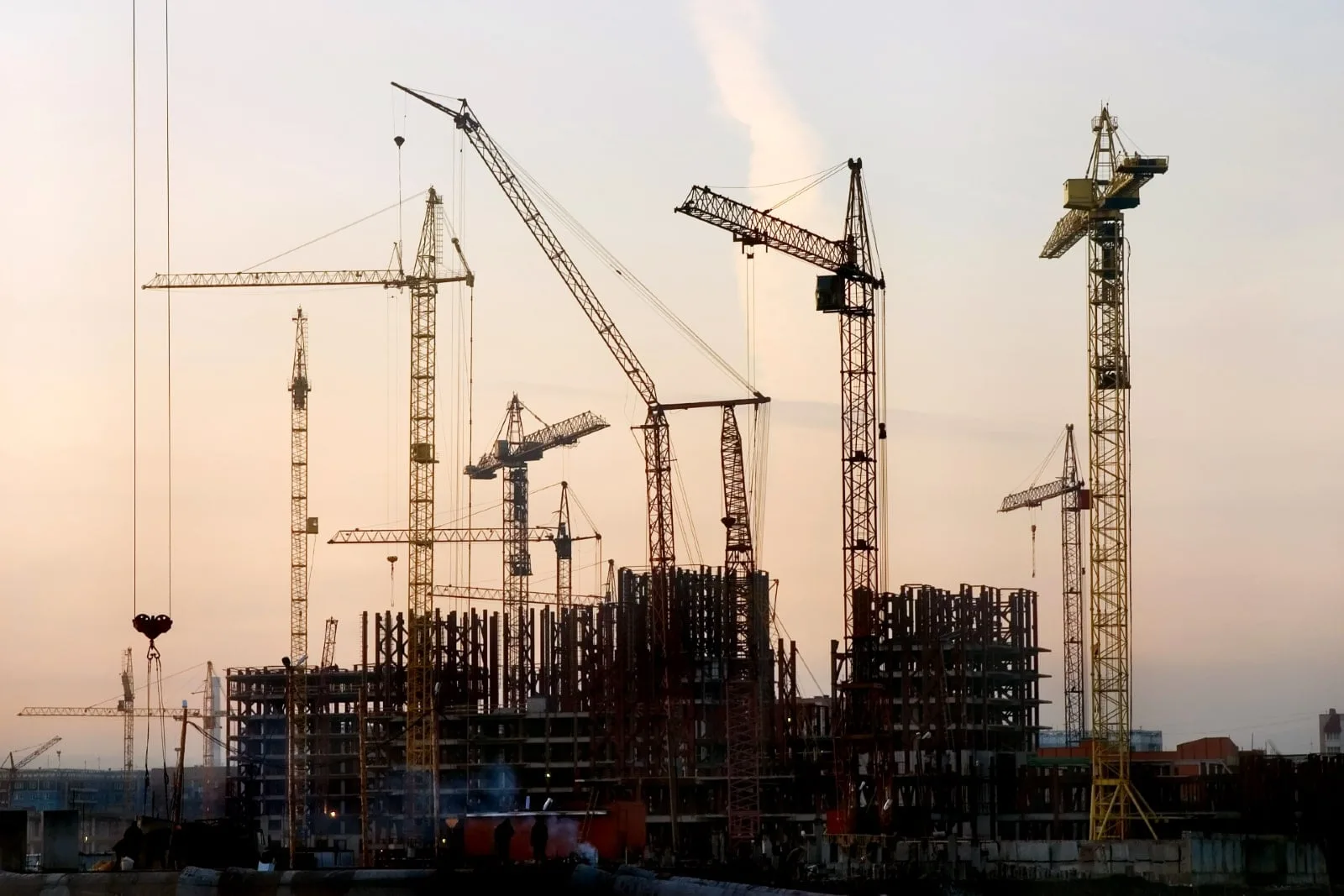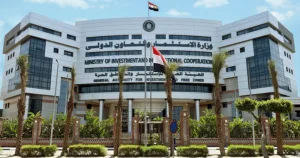In 2019, the House of Representatives (the “HoR”) took serious steps to enact a legislation setting up the legal framework of one of the fast-growing economic sectors in Egypt by preparing a bill regulating real estate development, construction and investment (the “Draft Bill”). It focuses on further supporting the private sector and attracting foreign and local investment. In addition, it aims to remedy and eliminate the shortcomings and obstacles existing in the real estate sector (the “Sector”) by setting up mechanisms to monitor real estate developers (the “Developers”) and their contractual commitment towards their customers.
Due to the Covid-19 outbreak, the said legislation fell short of seeing the light. After almost two years, news about the Draft Bill started to circulate once again. At the end of June 2021, the Draft Bill was approved by the Constitution and Legislative Affairs Committee of the HoR. Following that, the said legislation got sent to the State Counsel to give its advisory opinion thereon. Once it reverts to the HoR with its opinion, a session will be held in this regard to approve or disapprove the markups and to, finally, vote on the passing of the Draft Bill.[1]
Below are the key highlights of the Draft Bill:
(i) Establishment of Real Estate Developers’ Union
Developers active in the Sector are obliged to acquire a license from the Real Estate Developers Union (the “Union”). To acquire the license, the Draft Bill has put in place a set of conditions that concern the Developers’ legal structure, experience, and technical and administrative ability. This is to be detailed upon the issuance of the executive regulations that are expected to follow the enactment of the Draft Bill.
The Union will adjudicate all disputes arising between Developers and their customers should they opt for its dispute resolution mechanism in lieu of ordinary courts.
(ii) Allocation requirements
When allocating a plot of land to an investor, public entities will be subject to some restraints under the Draft Bill. An investor may not be eligible to acquire a plot of land unless it gets the necessary licenses and approvals required thereon. The Draft Bill also specifies the provisions that need to be inserted therein, including the Developer’s obligation to strictly abide by the delivery date and real estate registration process.
(iii) Sanctions for Non-Compliance
To ensure compliance, Developers will be fined an amount of not less than EGP 10,000 and not exceeding EGP 10,000,000, if they do not comply with their commitments vis-à-vis their customers (e.g. delivering the property after the agreed upon deadline). If a Developer operates in the Sector without being registered with and licensed by the Union, a fine of EGP 1,000,000 will be imposed.
The Union may terminate a Developer’s license if (i) the latter does not start its activity in the project within 6 months upon receiving the approval on the project map; and/or (ii) it acts fraudulently when offering the project’s units to customers.
Moreover, the decision allocating the plot of land to the Developer may be annulled if the latter does not start performing the agreed upon project within the deadline set thereunder. A progressive fine may additionally be imposed.
Market Reaction
Back in February 2019, Dr. Assem Al-Jazzar, Minister of Housing and Urban Utilities, said: “The new real estate development law reflects Egypt’s will to set the premise of a balanced regulatory framework to achieve the interest of all parties (i.e. the developer, the customer and the regulator). It will guarantee the continuity and stability of the Egyptian real estate sector, which is one of the most important economic sectors.” We eagerly await the enactment of this new legislation which will affect an important economic sector in Egypt.


